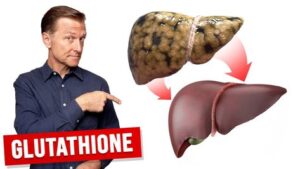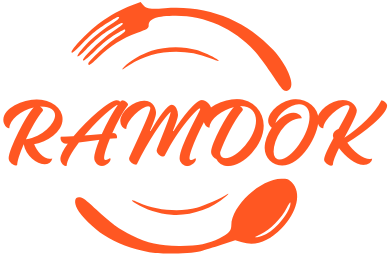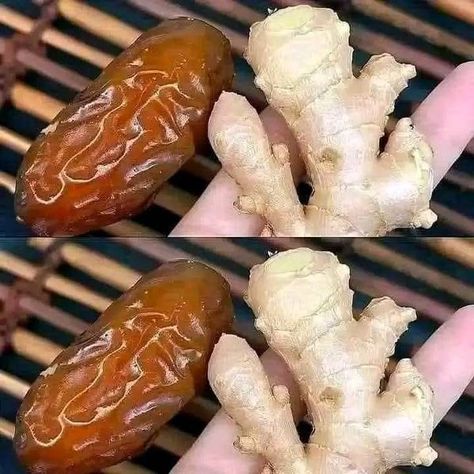Imagine waking up every morning feeling weighed down by discomfort—your stomach bloated, your energy levels drained, and a persistent sense of unease lingering in your body. You might dismiss these symptoms as part of a busy lifestyle or aging, but what if they’re signals from within? What if your gut is trying to tell you something?
For years, I ignored similar signs, brushing them off as normal until my body forced me to pay attention. The truth hit hard: poor gut health doesn’t just affect digestion—it impacts everything from immunity to mental clarity. In fact, many experts believe that death begins in the intestines . This isn’t about fearmongering; it’s about understanding how vital your liver and intestines are to overall wellness. Fortunately, there’s hope. Through targeted liver and intestine cleansing, you can reset your system, eliminate toxins, and reclaim your vitality.
In this guide, we’ll walk through the science behind gut health, explore practical steps for cleansing your liver and intestines, and provide actionable advice to help you feel lighter, healthier, and more energized than ever before.

Understanding the Connection Between Gut Health and Overall Wellness
Why Gut Health Matters
Your gut does far more than process food. It’s often referred to as the “second brain” because it plays a critical role in regulating digestion, immunity, mood, and even cognitive function. Did you know that approximately 70% of your immune system resides in your gut? That means its health directly influences your ability to fight off infections and stay resilient against illnesses.
When your gut microbiome—the community of bacteria living inside you—is out of balance, it creates a ripple effect throughout your body. This imbalance, known as dysbiosis, can lead to chronic inflammation, which is linked to conditions like fatty liver disease, diabetes, autoimmune disorders, and even depression.
The Role of Stomach Gas and Fatty Liver
Excessive stomach gas is often dismissed as an embarrassing inconvenience, but it can signal deeper issues. For example, it may indicate an overgrowth of harmful bacteria or difficulty digesting certain foods. Similarly, fatty liver disease—a condition where fat accumulates in liver cells—has become increasingly common, affecting over 25% of adults worldwide. Both conditions are closely tied to gut health, making it essential to address them proactively.
What Does “Death Begins in the Intestines” Mean?
This phrase underscores the importance of maintaining a healthy gut. When waste products and toxins linger in your intestines due to sluggish digestion or poor diet choices, they can seep into your bloodstream and spread throughout your body. Over time, this toxic overload can contribute to systemic illness, including cardiovascular problems, hormonal imbalances, and weakened immunity.
Signs Your Liver and Intestines Need Cleansing
Common Symptoms of Poor Gut Health
If you’ve been experiencing any of the following symptoms, your liver and intestines may be crying out for attention:
- Chronic fatigue that no amount of sleep seems to fix
- Persistent bloating and excessive gas after meals
- Irregular bowel movements, whether constipation or diarrhea
- Bad breath or a coated tongue, even after brushing
- Unexplained weight gain or loss
Warning Signs of Fatty Liver Disease
Fatty liver disease often develops silently, with few noticeable symptoms in its early stages. However, as it progresses, you may experience:
- Abdominal pain or swelling, particularly on the upper right side
- Jaundice (yellowing of the skin or eyes)
- Elevated liver enzymes detected during routine blood tests
- General fatigue and weakness
When to Seek Medical Advice
While dietary and lifestyle changes can work wonders, some situations require professional intervention. If you notice severe abdominal pain, unexplained weight loss, or have a family history of liver disease, it’s crucial to consult a healthcare provider. They can perform diagnostic tests to rule out serious underlying conditions and offer personalized treatment options.
Step-by-Step Guide to Liver & Intestine Cleansing
Diet Changes for Optimal Gut Health
The foundation of any effective cleansing plan lies in what you eat. Here’s how to nourish your liver and intestines while eliminating harmful foods:
Foods to Include
- Leafy Greens: Spinach, kale, and Swiss chard are rich in antioxidants and fiber, promoting detoxification.
- Cruciferous Vegetables: Broccoli, cauliflower, and Brussels sprouts support liver enzyme activity.
- Probiotic-Rich Foods: Yogurt, kefir, sauerkraut, and kimchi replenish beneficial gut bacteria.
- Healthy Fats: Avocados, olive oil, and nuts reduce inflammation and aid nutrient absorption.
Foods to Avoid
- Processed snacks packed with refined sugars and artificial additives
- Alcohol, caffeine, and carbonated beverages, which strain the liver
- Gluten and dairy if you suspect sensitivities or intolerances

